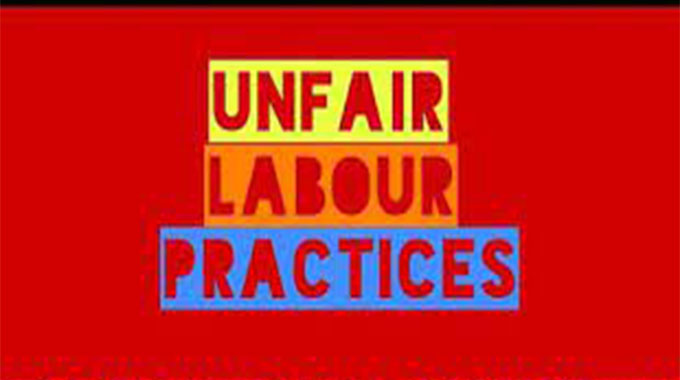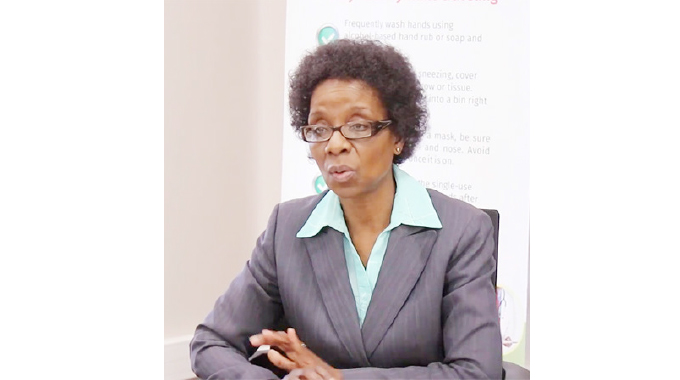Reporting abuse by employees

Davies Ndumiso Sibanda, Labour Matters
MANY workers struggle when it comes to reporting unfair labour practices by some employers and end up suffering in silence for fear of losing jobs or victimisation for complaining.

The largest group of unprotected workers is pregnant women who are given unpaid leave despite the fact that the Constitution of Zimbabwe making it compulsory for an employer to pay all maternity leave.
Employers lie that because the Labour Act has not been aligned to the Constitution, provisions of the Constitution are not applicable.
Workers end up suffering in silence despite knowing that the employer is lying, this is done for fear of being victimised and losing jobs.
The other large group of workers who get abused by some employers are fixed term contract workers who are usually underpaid, do not accrue vacation leave, cannot refuse overtime, which is at times not paid and many other illegalities.
Workers end up suffering in silence for fear of having contracts terminated.
Domestic workers also experience unfair labour practice by some employers.
These include working long hours for domestic workers who in worse cases are even on duty at night as they have to mind the children, take them to the toilet and prepare milk for the small babies.
For domestic workers, the abuse includes being denied food, denied rest, sexual abuse by some members of the family and being beaten by the lady of the house.
For domestic workers the situation is made worse by that some domestic workers do not even know their rights.
Examples of abuse of workers by employers are so many.
What needs to be done is to have a mechanism for reporting and seeking redress.
The task cannot be left to trade unionists and a few brave workers who approach National Employment Council (NEC), labour officers and lawyers.

National Employment Council (NEC)
In my opinion, the weakest link is the Labour Act as it has no mechanism of managing unfair labour practice by employers.
There is no easy and safe mechanism for workers.
What we need is a kind of hot line where workers can report even anonymously to allow cases to be investigated.
Employers who engage in unfair labour practices should in addition to a judgement against them be made to pay heavy fines.
This might sound crazy and highly debatable but it could just be a starting point.
Aside of my suggestions above, workers who find themselves unfairly treated should first seek legal advice from the trade union, labour officers, NEC officials, labour consultants and lawyers before taking action.
Where there is a workers’ committee, the starting point is getting the committee to provide guidance for managerial employees.
Those are generally more vulnerable especially where there is no managerial employee workers’ committee, the best is to seek legal advice fast so as to avoid using methods that will lead to victimisation.
Once legal advice has been given and it is clear there is unfair labour practice then one has to follow code of conduct grievance handling procedures if they are given the code of conduct, alternatively one can ask the workers committee, trade union or labour consultant to handle the matter.
Labour officers and NEC officials remain available at all times.
Approaching the Labour Court and High Court is possible in some cases, but one would need a lawyer to guide the process, a thing that could be expensive.
With today’s means of communication, some workers have resorted to publishing unfair labour practices on social media.
It has its pros and cons that can make a subject for another day.
In conclusion, unfair labour practices will remain part of the workplace environment but what is important is to report it and bring it down or eliminate it altogether.
Davies Ndumiso Sibanda can be contacted on: Email:[email protected]











Comments